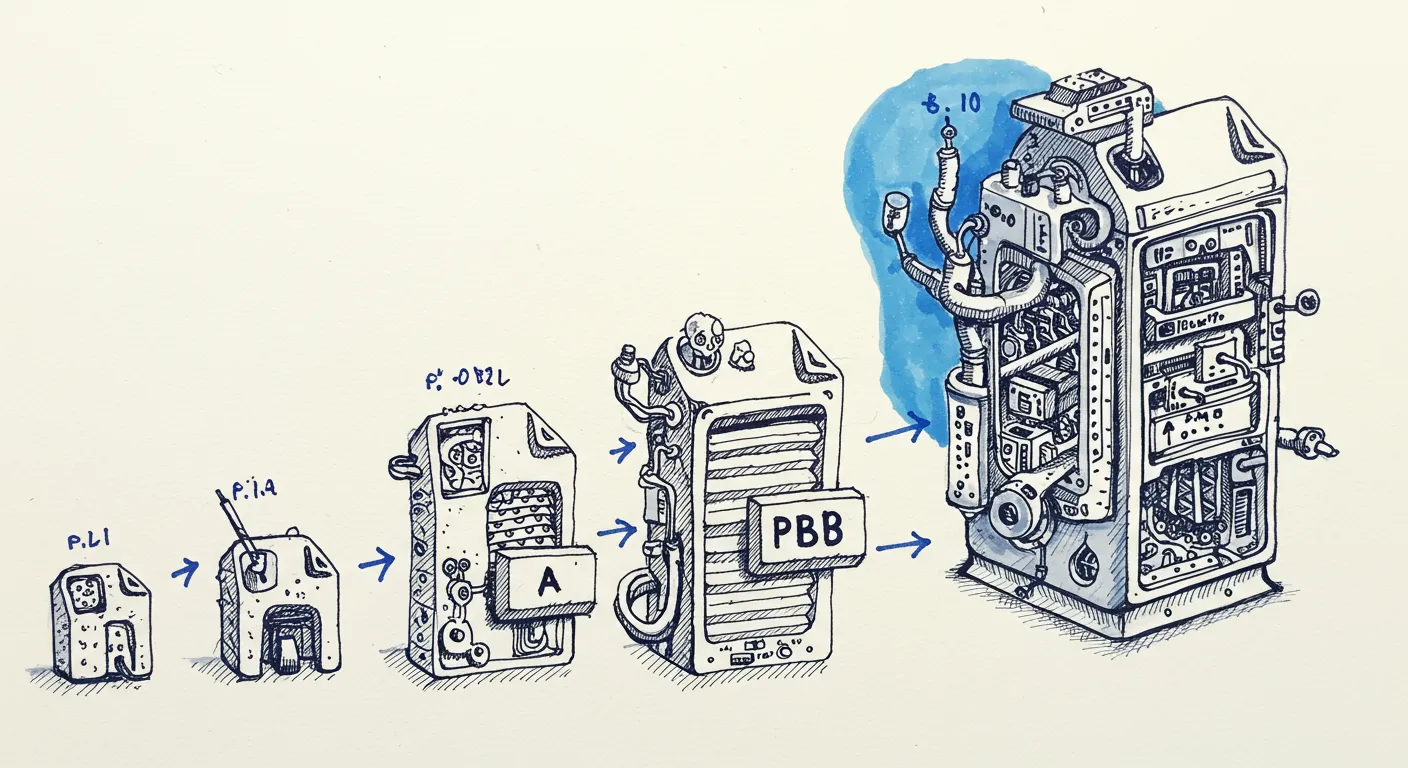The tech world is abuzz with Microsoft's latest experimental move: testing Resilient File System (ReFS) for new Windows 11 installations. Online commentators have been diving deep into the potential implications of this strategic shift in file system technology.
At the core of the discussion is ReFS, a file system originally introduced with Windows Server 2012 that has been primarily used in enterprise and server environments. Now, Microsoft seems to be considering a broader rollout for consumer-facing Windows 11 installations, signaling a potentially significant change in how everyday users interact with their digital storage.
The move has sparked intense speculation about the advantages ReFS might bring to personal computing. Unlike the traditional NTFS, ReFS offers enhanced data integrity features, including automatic error correction and better protection against data corruption. Online commentators are particularly excited about the system's ability to self-heal and maintain data reliability, even in challenging storage conditions.
However, the transition is not without its potential challenges. Some online discussants point out that while ReFS offers impressive technical capabilities, it may require significant adjustments in how users and software interact with file systems. The potential performance implications and compatibility with existing software remain topics of heated debate.
Ultimately, Microsoft's exploration of ReFS for Windows 11 represents more than just a technical upgrade—it's a glimpse into the future of data storage. As digital content becomes increasingly complex and valuable, innovative file systems like ReFS could play a crucial role in protecting and managing our ever-growing digital lives.


